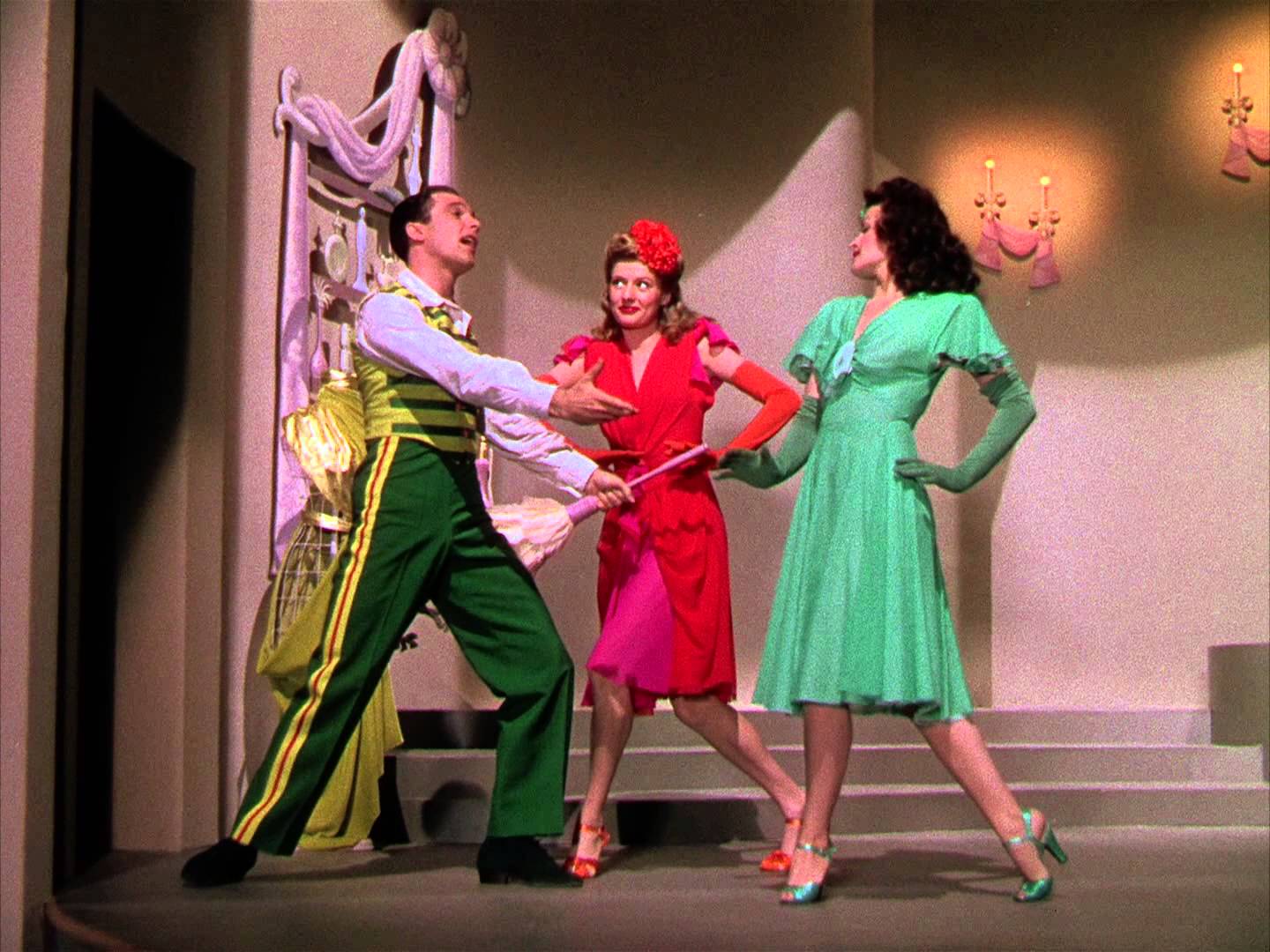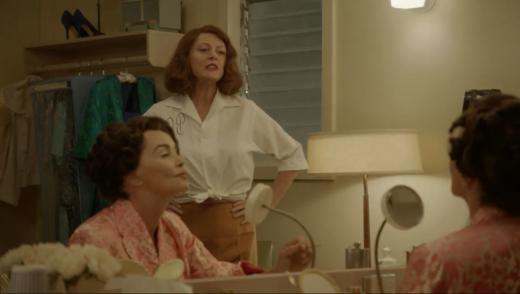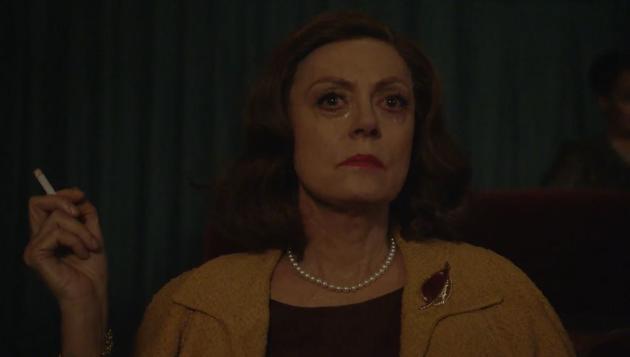EDDIE AND THE CRUISERS
Though the film has earned a cult following over the years, I'm at a loss to figure out why 1983's Eddie and the Cruisers has any fans at all. This pretentious and snore-inducing drama with music suffers due to a swiss cheese story (plot holes as far as the eye can see), some really cliched dialogue, and some overripe performances.

This is the story of a magazine writer (Ellen Barkin) who is researching a small rock and roll group from the 60's whose charismatic front man, Eddie Wilson (Michael Pare) apparently drove his car off a bridge in March of 1964. The reporter reveals that at the time of his "death", Eddie was working on a new album called "A Season in Hell" and that some tapes were made of early recording sessions that disappeared the day after Eddie's death. The reporter has decided she wants to locate these tapes as well as investigate the possibility that Eddie might still be alive, since his body was never found.

We are then introduced to former members of the band who the reporter approaches in her quest for the truth. Frank Ridgeway (Tom Berenger) was the keyboard player and lyricist for the group who is now a teacher and seems to want to forget his entire past with Eddie. We also meet Doc (Joe Pantoliano), Sal (Matthew Laurance) and Joann (Helen Schneider) who, along with Frank, all have their homes ransacked as it becomes clear that someone is serious about getting their hands on these tapes and the popular theory is that the only person these tapes could be this important to is Eddie himself.

Director and co-screenwriter Martin Davidson has concocted a convoluted and confusing story that, despite its flashing back and forth between the present and the past, moves at a snails pace and really doesn't endear us to any of these people, most of whom have one foot stuck in the past and trying to blame this moron Eddie for the mess their lives have become. We never really learn who broke into these people's homes and the eventual reveal regarding the tapes is uninspired and was not worthy of the ninety minutes of my life I'll never get back.

This movie was rough going, requiring toothpicks on the eyelids to sustain interest until the end. Davidson had an OK idea here, which allegedly was based on a real musician named Eddie Wilson, but there's so much silly stuff going on here. Even the musical sequences came off as canned and unconvincing, bringing up another glaring oversight that I couldn't get past...John Cafferty and the Beaver Brown Band provided the vocals for the movie, including the fabulous "On the Dark Side", which became a top 40 hit. The onscreen group featured Joann, a female singing her heart out as part of the group, but there was not even a hint of a female voice on the audio track. That's just sloppy film making and the performances aren't much better. Berenger is sincere as Frank, but Michael Pare is just dreadful as the title character, a performance that's part Fonzie and part John Milne, part Danny Zuko, but not enough Eddie. Even the usually reliable Joe Pantoliano stunk up the place. I've heard great things about this movie over the years, but it did not live up to its reputation.
Though the film has earned a cult following over the years, I'm at a loss to figure out why 1983's Eddie and the Cruisers has any fans at all. This pretentious and snore-inducing drama with music suffers due to a swiss cheese story (plot holes as far as the eye can see), some really cliched dialogue, and some overripe performances.

This is the story of a magazine writer (Ellen Barkin) who is researching a small rock and roll group from the 60's whose charismatic front man, Eddie Wilson (Michael Pare) apparently drove his car off a bridge in March of 1964. The reporter reveals that at the time of his "death", Eddie was working on a new album called "A Season in Hell" and that some tapes were made of early recording sessions that disappeared the day after Eddie's death. The reporter has decided she wants to locate these tapes as well as investigate the possibility that Eddie might still be alive, since his body was never found.

We are then introduced to former members of the band who the reporter approaches in her quest for the truth. Frank Ridgeway (Tom Berenger) was the keyboard player and lyricist for the group who is now a teacher and seems to want to forget his entire past with Eddie. We also meet Doc (Joe Pantoliano), Sal (Matthew Laurance) and Joann (Helen Schneider) who, along with Frank, all have their homes ransacked as it becomes clear that someone is serious about getting their hands on these tapes and the popular theory is that the only person these tapes could be this important to is Eddie himself.

Director and co-screenwriter Martin Davidson has concocted a convoluted and confusing story that, despite its flashing back and forth between the present and the past, moves at a snails pace and really doesn't endear us to any of these people, most of whom have one foot stuck in the past and trying to blame this moron Eddie for the mess their lives have become. We never really learn who broke into these people's homes and the eventual reveal regarding the tapes is uninspired and was not worthy of the ninety minutes of my life I'll never get back.

This movie was rough going, requiring toothpicks on the eyelids to sustain interest until the end. Davidson had an OK idea here, which allegedly was based on a real musician named Eddie Wilson, but there's so much silly stuff going on here. Even the musical sequences came off as canned and unconvincing, bringing up another glaring oversight that I couldn't get past...John Cafferty and the Beaver Brown Band provided the vocals for the movie, including the fabulous "On the Dark Side", which became a top 40 hit. The onscreen group featured Joann, a female singing her heart out as part of the group, but there was not even a hint of a female voice on the audio track. That's just sloppy film making and the performances aren't much better. Berenger is sincere as Frank, but Michael Pare is just dreadful as the title character, a performance that's part Fonzie and part John Milne, part Danny Zuko, but not enough Eddie. Even the usually reliable Joe Pantoliano stunk up the place. I've heard great things about this movie over the years, but it did not live up to its reputation.
Last edited by Gideon58; 04-14-20 at 02:21 PM.
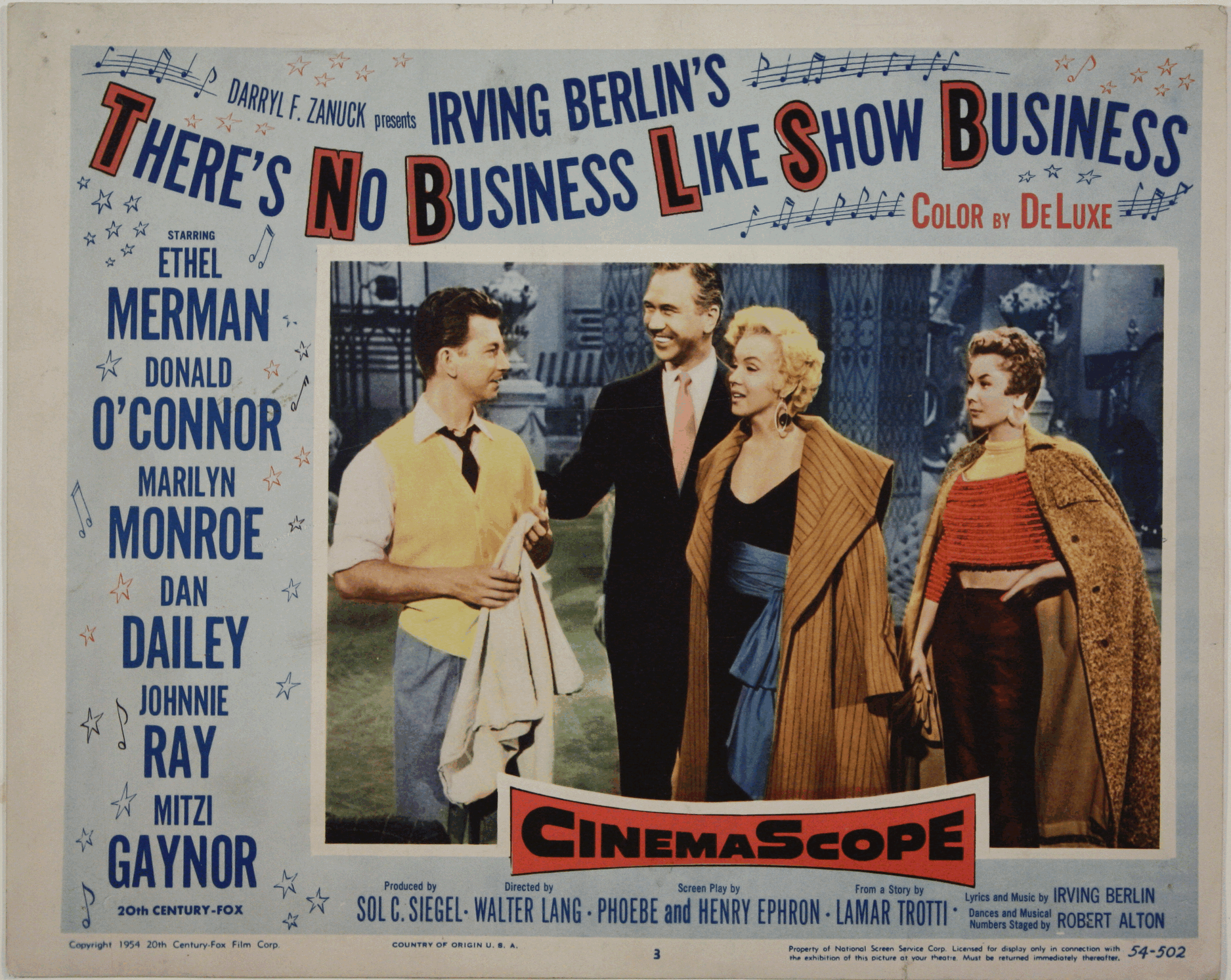

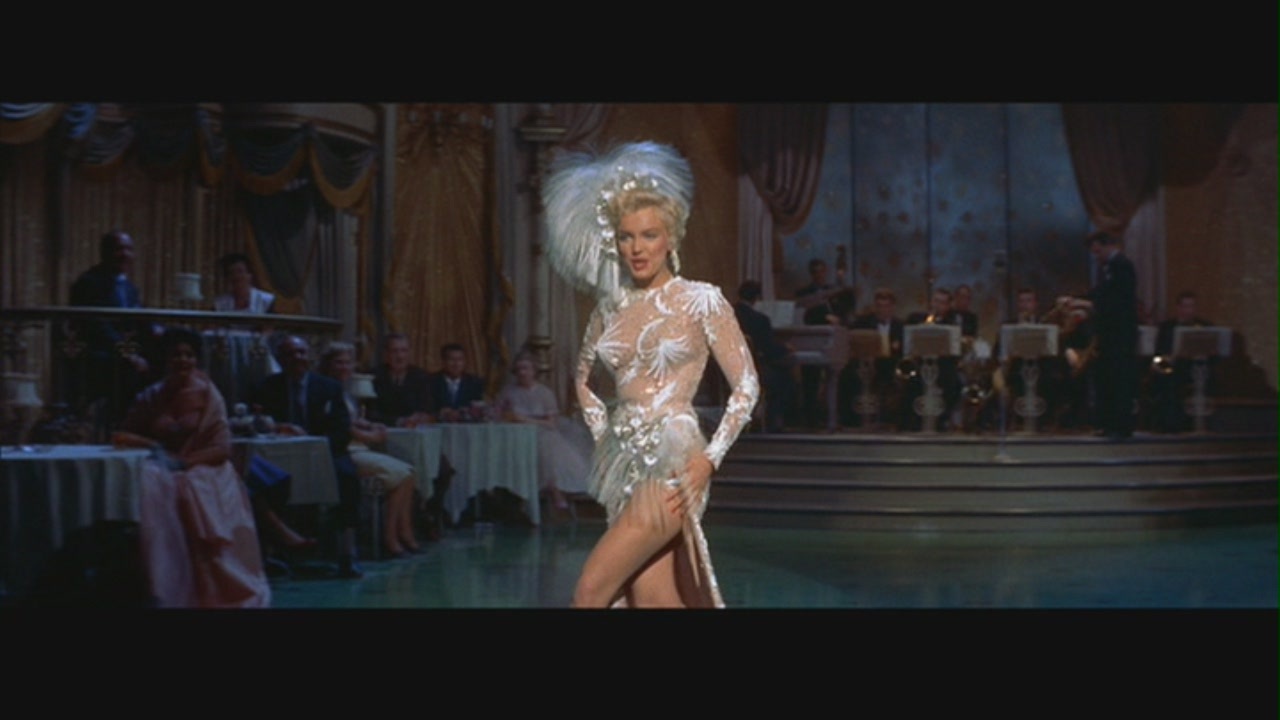
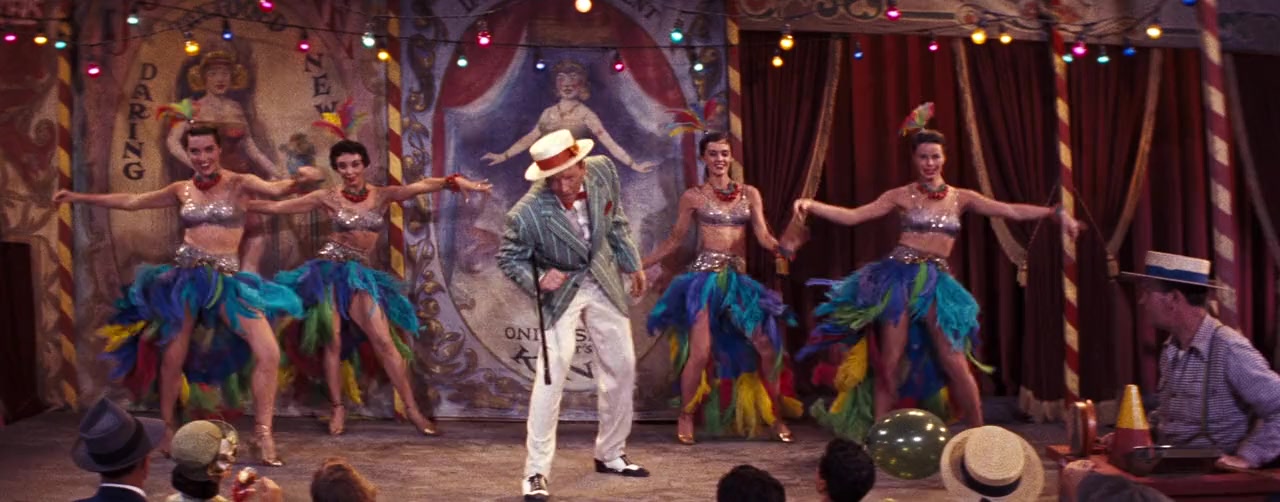
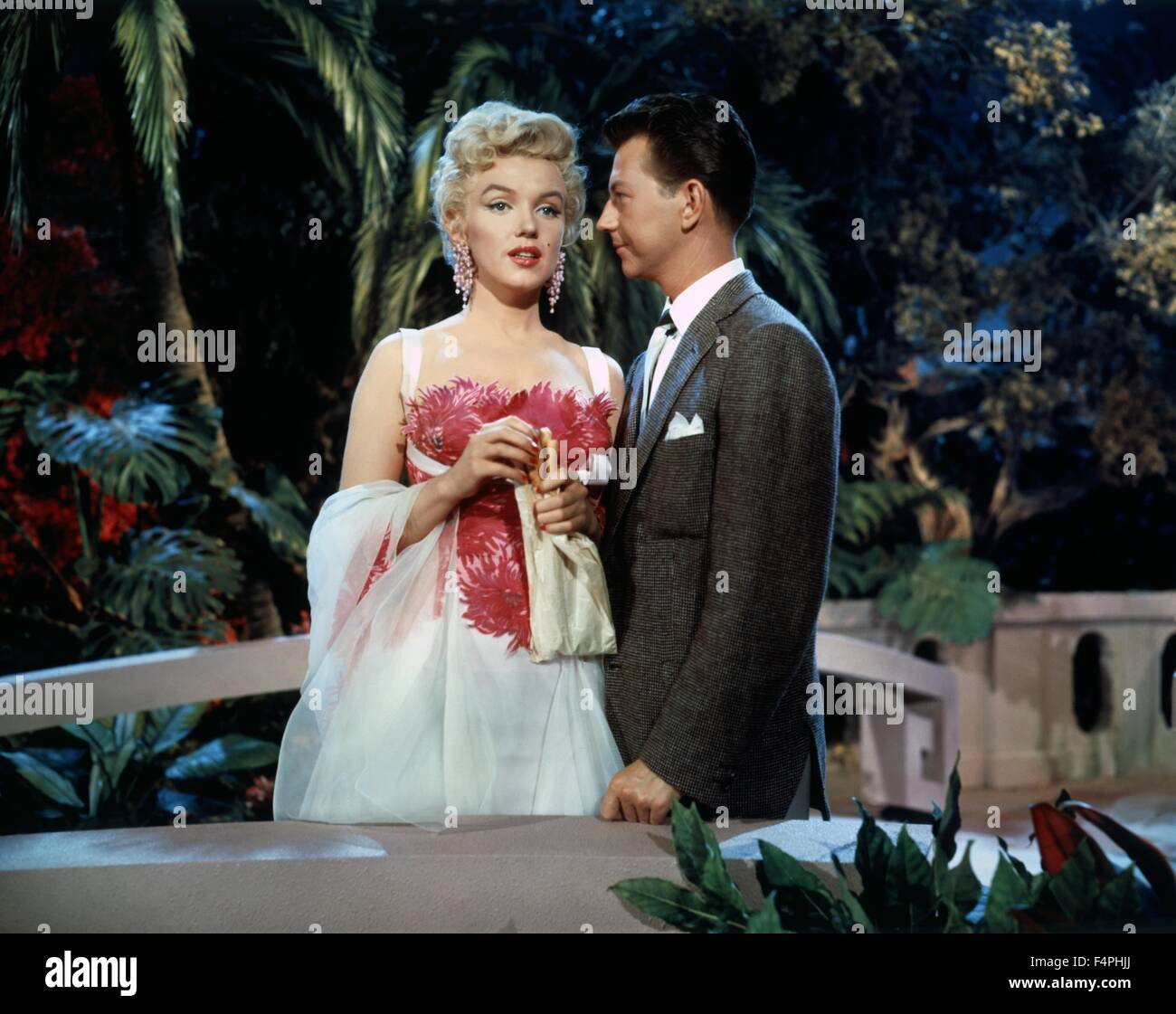
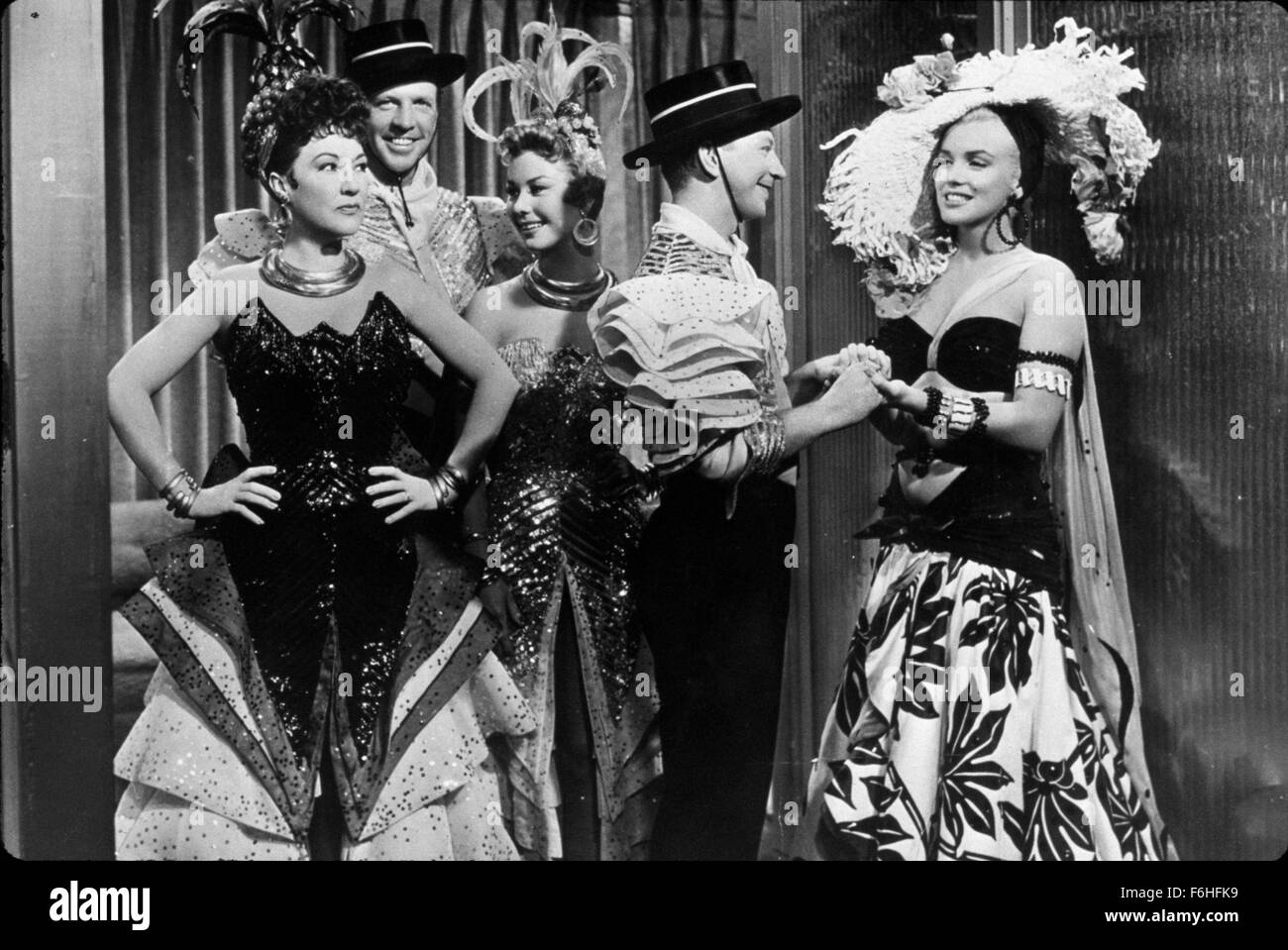
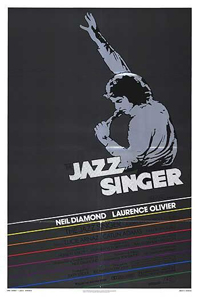

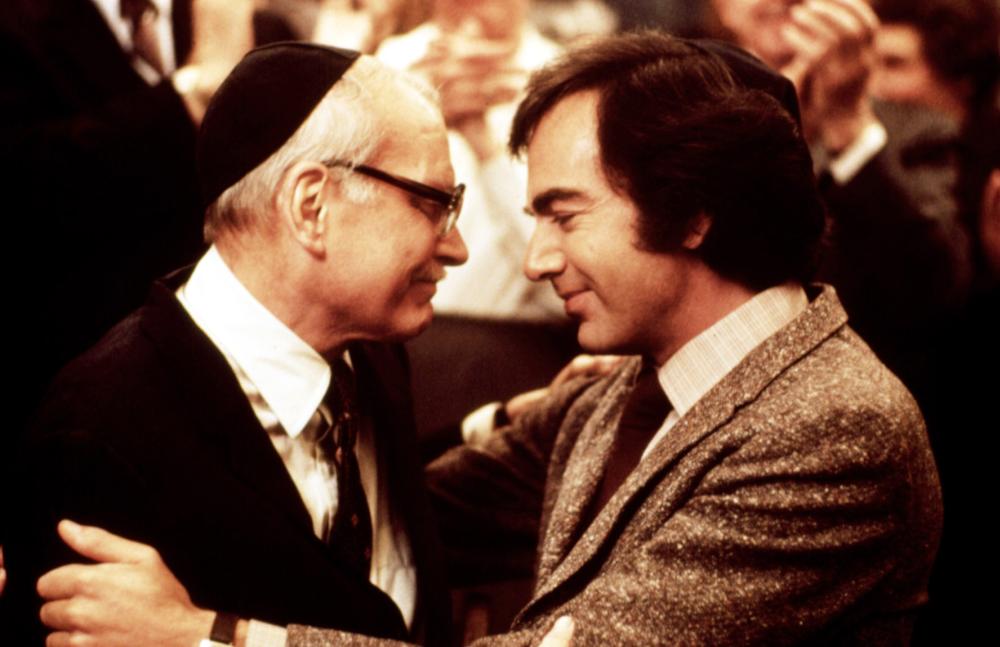
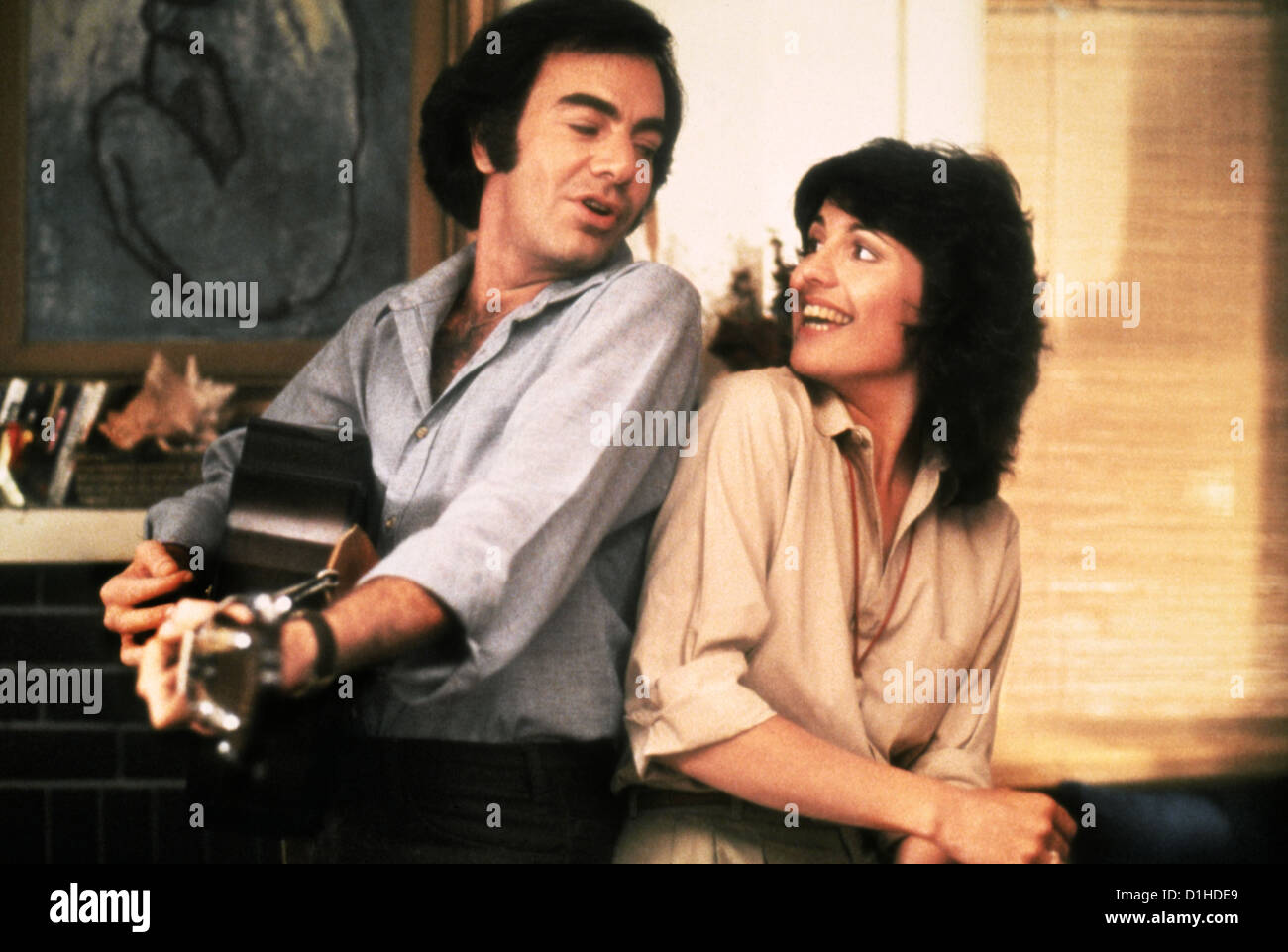




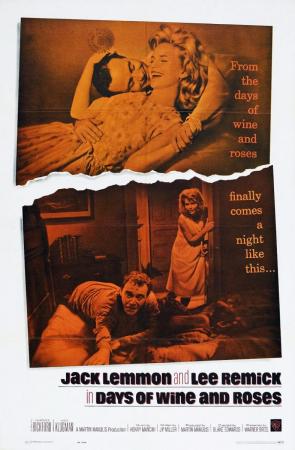
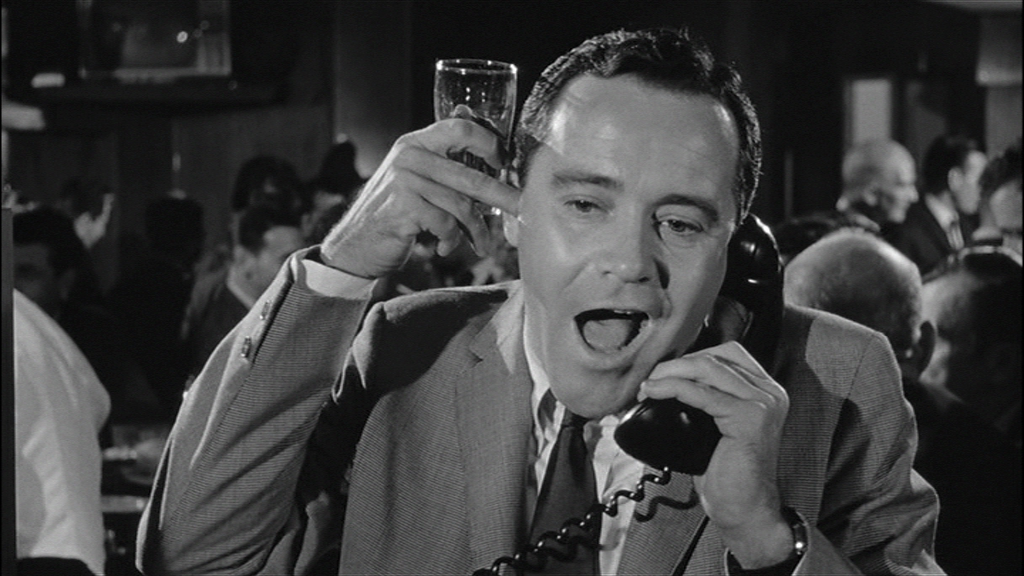



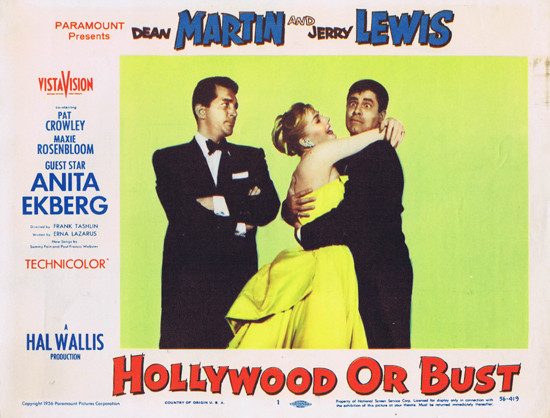


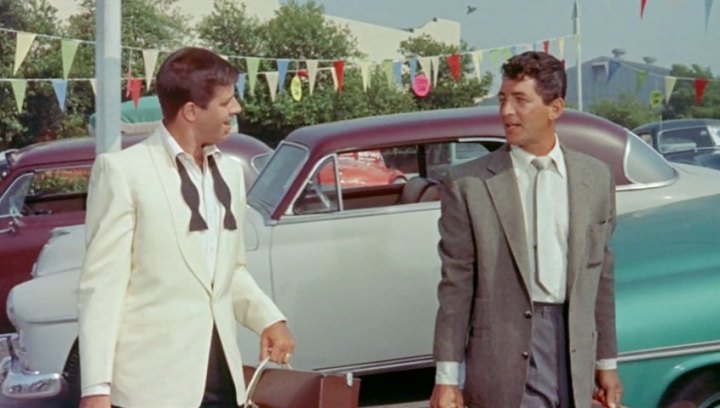
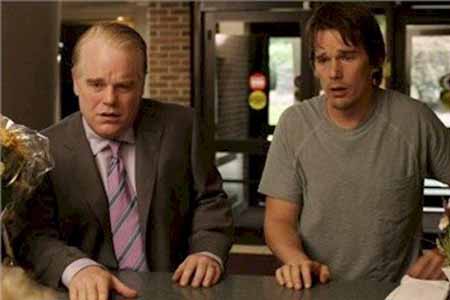




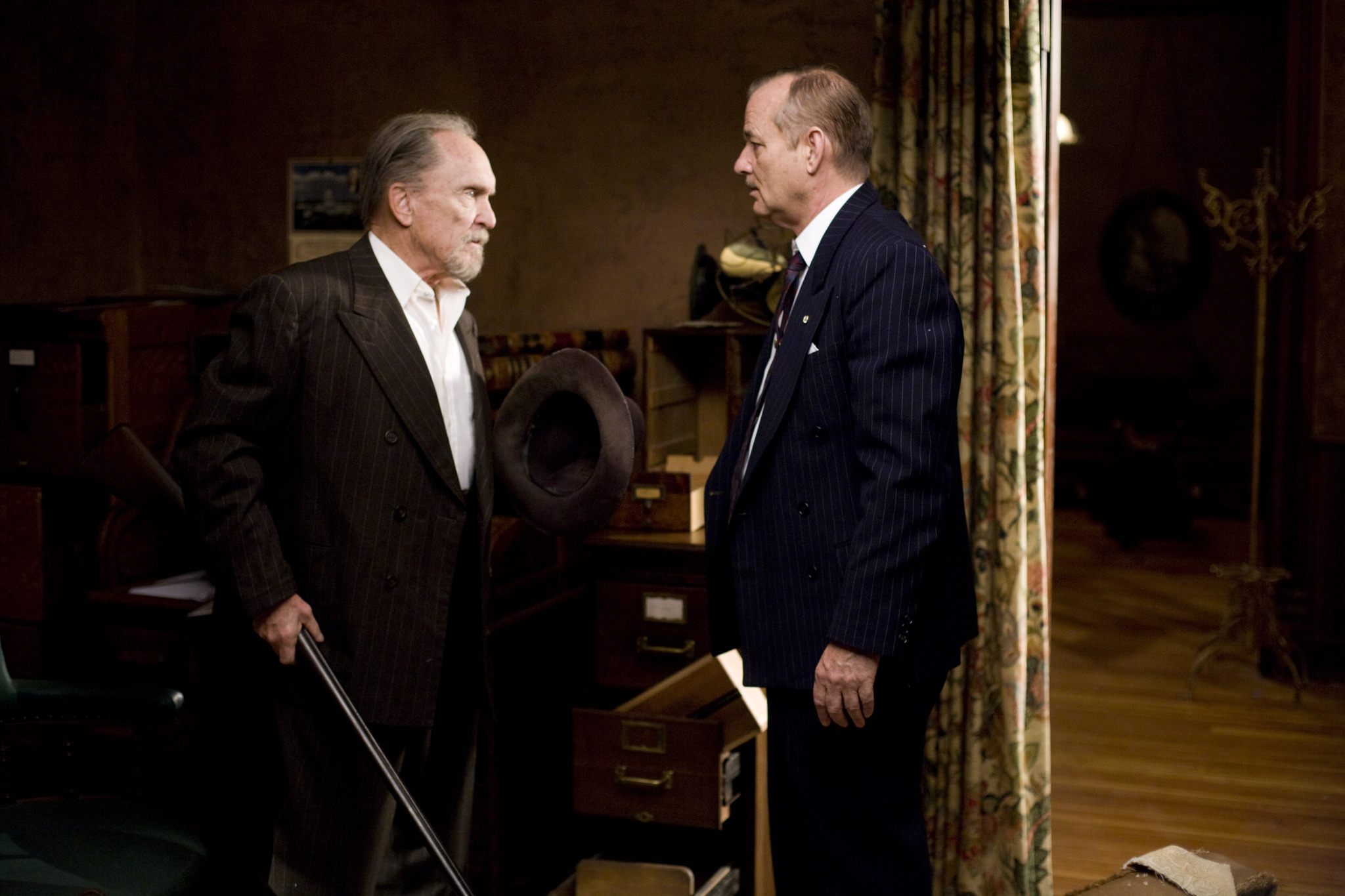


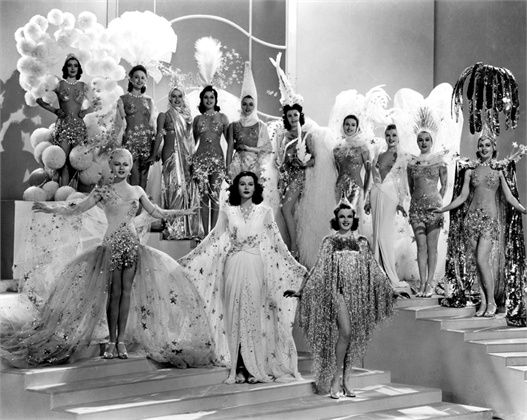



 ... I swear every time I try to do a movie only from memory I get them confused
... I swear every time I try to do a movie only from memory I get them confused

